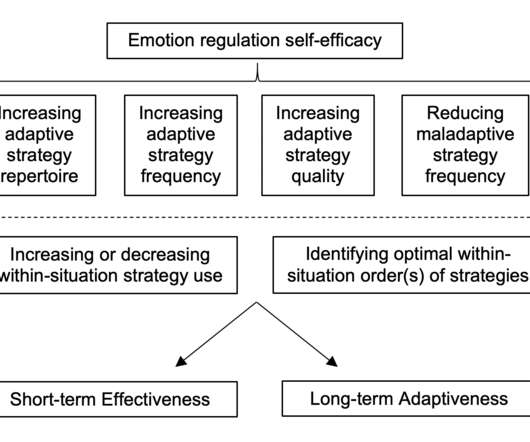What can we learn from cultural adaptations of dialectical behavior therapy?
Society of Clinical Psychology
MARCH 29, 2023
These summaries have been helpful in justifying the use of culturally adapted therapy (instead of nonadapted interventions), as well as offering clinicians practical information on how to adapt their interventions to people of color and cross-cultural clients. We found 18 articles that summarized cultural adaptations of DBT.












Let's personalize your content